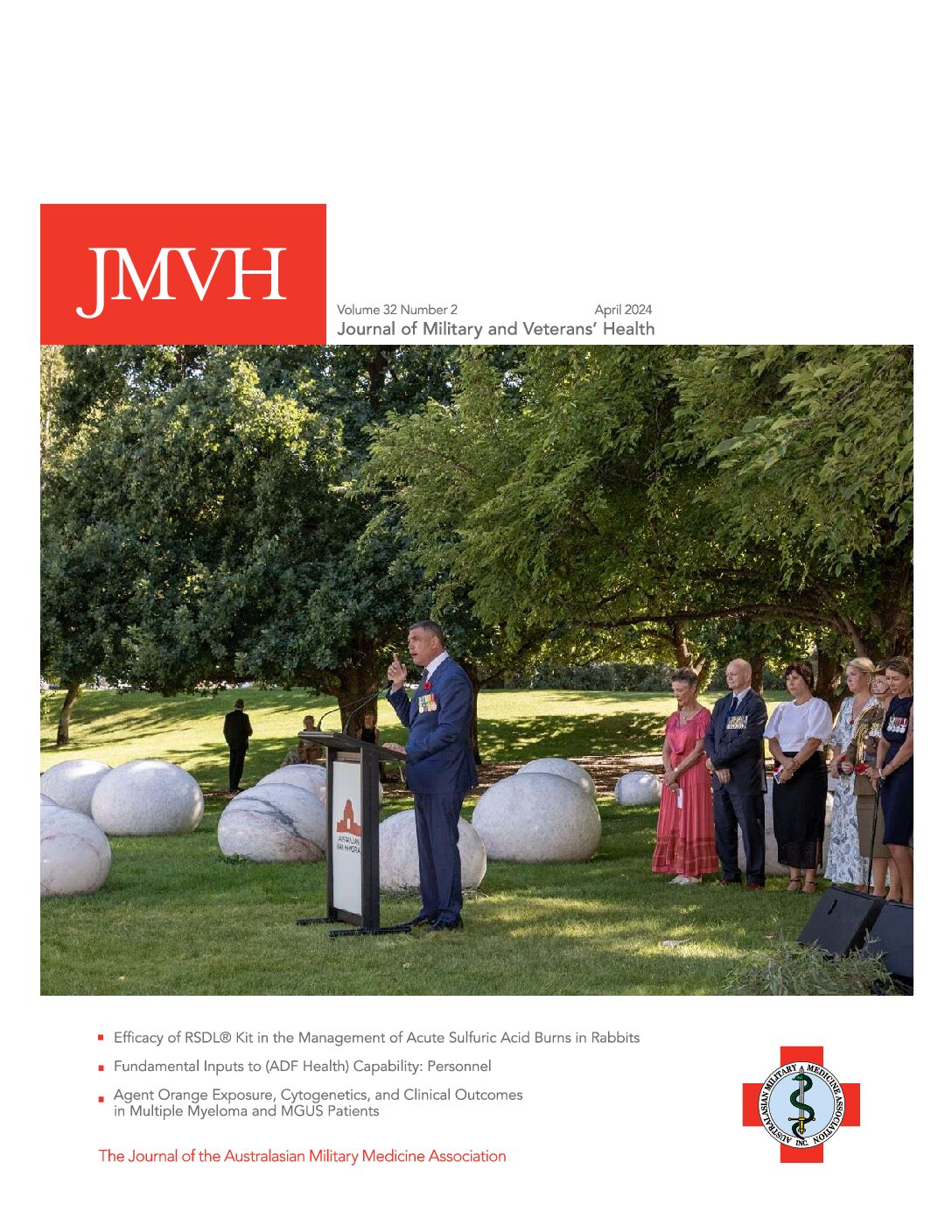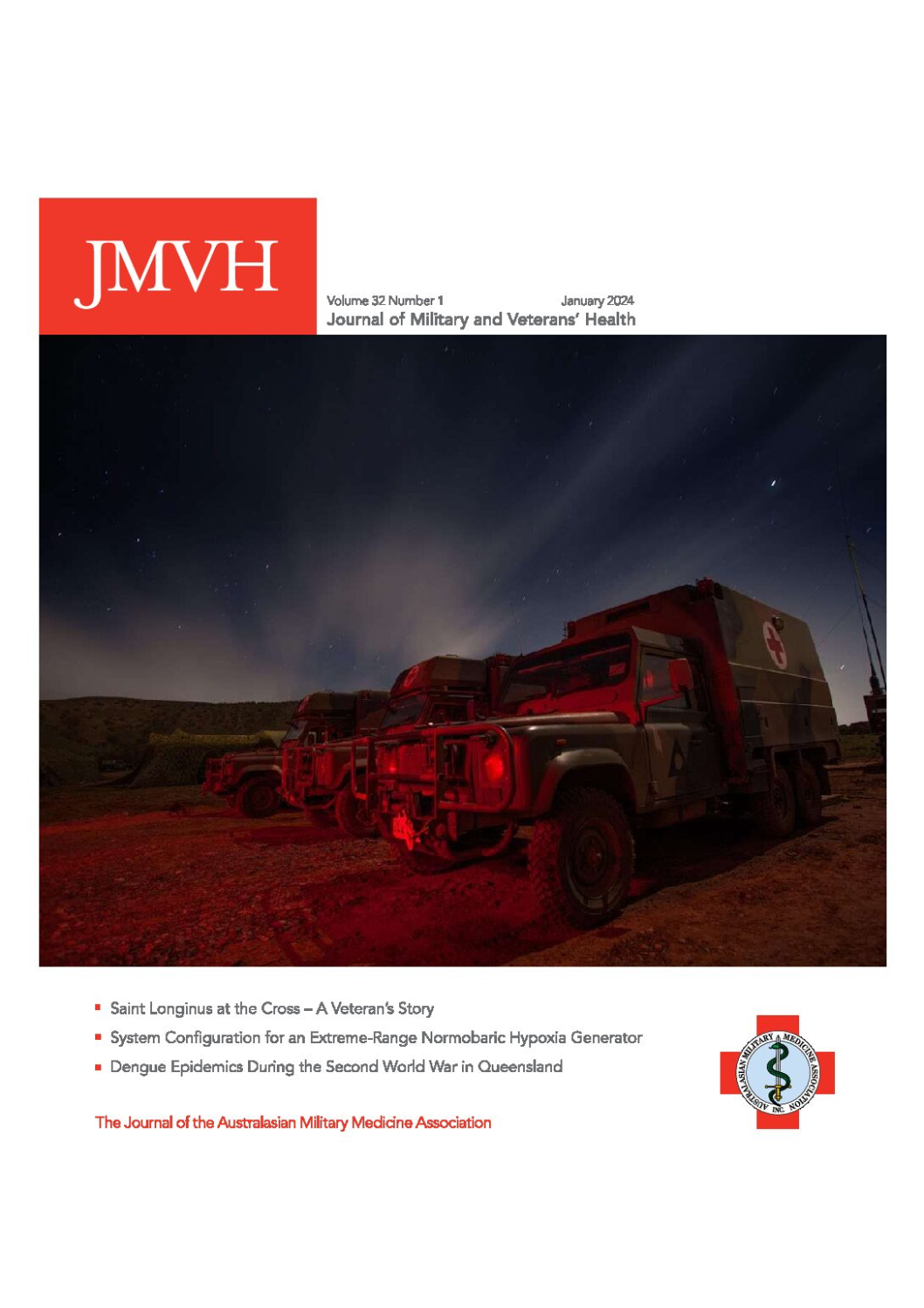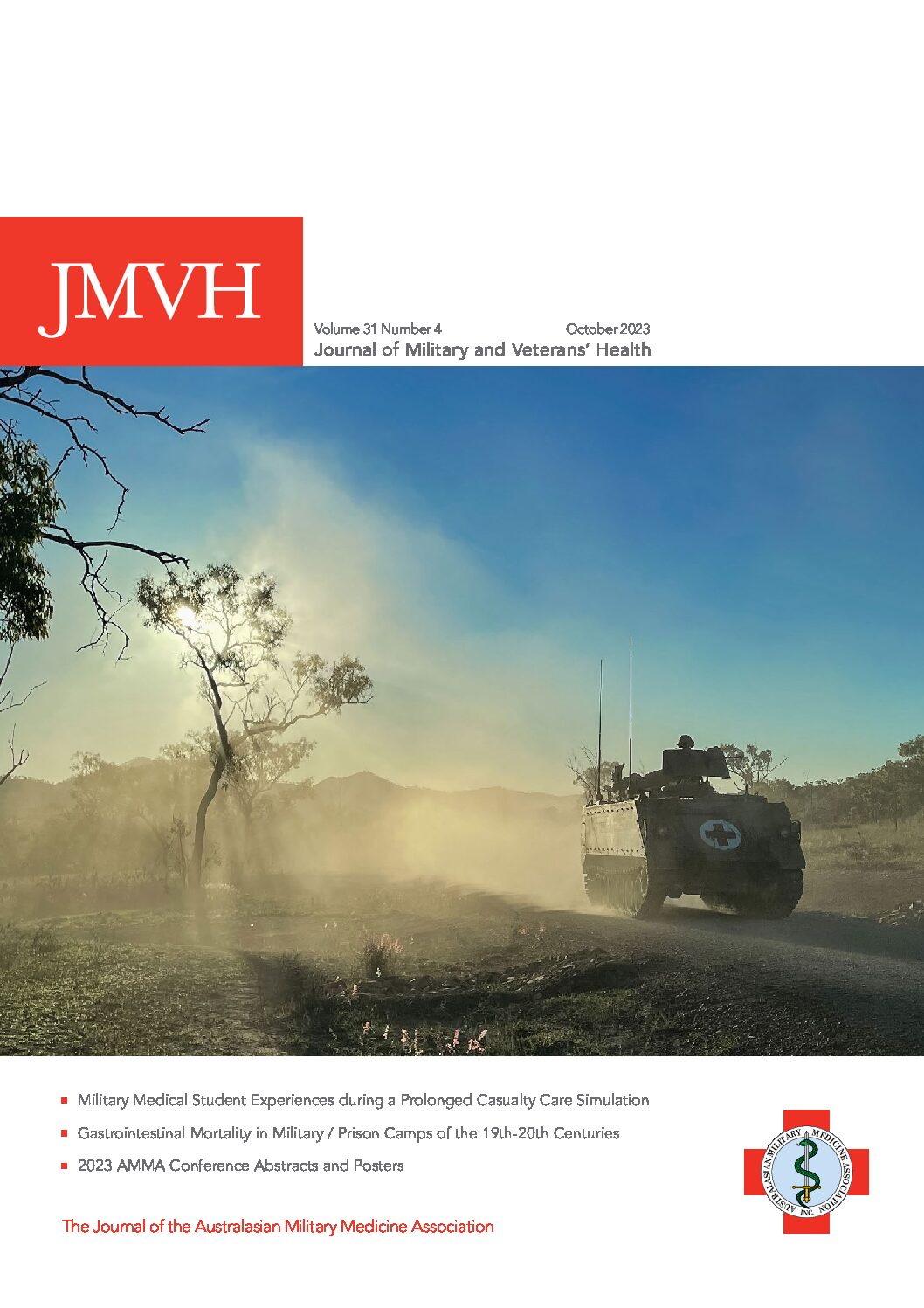McKenzie’s article is a poorly written, and edited, polemic containing a number of sweeping statements, some of which are provocative and some that are offensive. Such an obvious exercise in ‘pot-stirring’ should at least be properly researched. Thirty seconds on-line confirmed the suspicion that his figures for Australians killed in World War Two were hopelessly inaccurate. 39,761 Australians were killed; not the 27,000 reported.1
From this low point, McKenzie’s argument goes something like this. Members of the Australian Defence Force (ADF) have it good, but increasingly are fraudulently claiming to suffer from Post-traumatic Stress Disorder (PTSD). The Returned Services League aids them in this deception. Treating psychologists and psychiatrists fail to perform a forensic assessment of each patient and are duped into rubber-stamping every Department of Veterans’ Affairs pension claim placed before them. By contrast, McKenzie can diagnose such patients accurately as malingerers. He recommends introducing a medical tribunal to improve patient assessment and management. Finally, a wide ranging inquiry into all aspects of this scandal is demanded. Based largely on a few anecdotes, McKenzie offers no evidence to support his position.
Essentially, he backs a ‘restrictive’ or forensic approach to compensable injuries. To be given a diagnosis and access to compensation, a high burden of proof of disability and cause of injury are necessary, e.g., objective evidence of mental disorder and documentary evidence of exposure. The advantages of this approach include certainty of diagnosis, exclusion of unworthy claimants with fewer pensions awarded. The disadvantages would be that worthy claimants may be deterred by strict requirements of proof. Furthermore, protracted litigation may occur as aggrieved claimants challenge the refusal of compensation, with such claimants encountering more stigma along the way.
In a ‘liberal’ or ‘no fault’ approach, lower levels of cause and proof of illness are required for the award of compensation (i.e. by subjective account only). In this scenario, more persons are compensated. Some may be unworthy. However this approach may result in less stigma and, hopefully, permit early intervention and better treatment.
The current Australian Department of Veterans’ Affairs system is more liberal than forensic. From July 2010, the United States Department of Veterans’ Affairs, (VA)2 adopted a less restrictive approach to granting recognition of PTSD for compensation. US veterans will no longer require extensive record analysis and investigation to corroborate that a stressor was related to hostile military activity. Instead, a US VA psychiatrist or psychologist must confirm that the stressor recalled by a veteran adequately supports a diagnosis of PTSD and the veteran’s symptoms are related to the claimed stressor.
So, does McKenzie say anything new, instructive or helpful? Not really. Ellard3 previously warned that an ‘apparent epidemic of post-traumatic stress disorder,’ may develop, while also acknowledging the very real complexities of providing compensation to worthy persons. Resnick et al4, admitted ‘PTSD is an easy disorder to fake,’ as the diagnosis is made nearly entirely from the patient’s subjective report of symptoms. Also, there is ready access to information on the disorder in the media, especially the internet, as health authorities work to reduce the stigma of mental illness. But Resnick went on to concede that the detection of malingered PTSD is ‘one of the most difficult tasks faced by clinicians.’ So if experienced forensic psychiatrists and psychologists have difficulty detecting fraudulent claims, how are treating psychiatrists and psychologists supposed to do better?
McKenzie’s description of some of the problems experienced in managing ADF patients with mental health disorders certainly illustrates the complexities and difficulties of garrison practice. Nevertheless, he appears to advocate that in routine practice, patients with PTSD symptoms should be considered as malingerers until proven otherwise and should be subject to a forensic, rather than a clinical investigation and treatment pathway.
While scientific debate is to be encouraged, the contentious, unbalanced and negative tone of this article is unhelpful and will damage attempts to breakdown the stigma of mental illness in the military, an important goal of the recent Dunt Review of Mental Health Care in the ADF.5
Please specify the URL of your file





